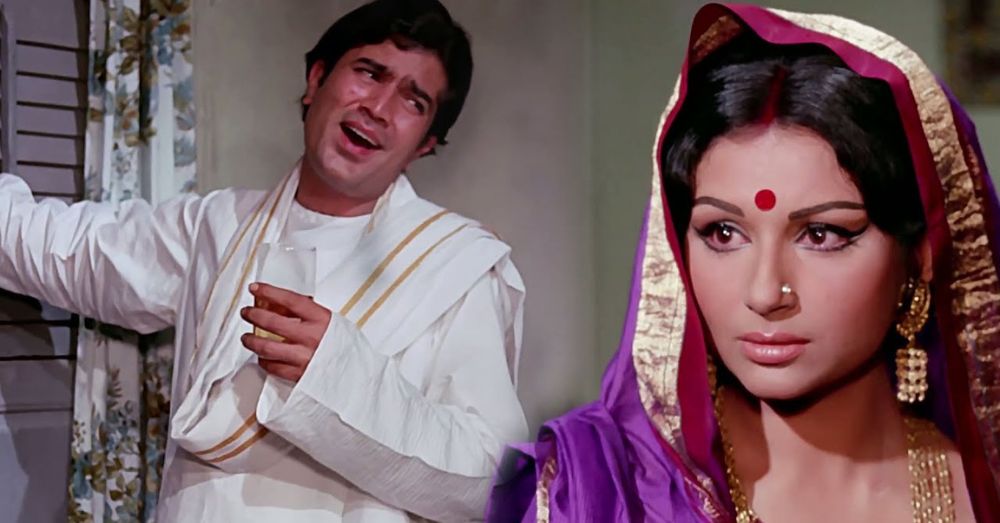In the realm of musical brilliance and legacies, Kishore Kumar’s “Kuch Toh Log Kahenge” stands as a timeless masterpiece that transcends the boundaries of era and genre. Recently, a serendipitous encounter with a snippet from this lyrical gem sparked a profound exploration of the intricacies woven into Anand Bakshi’s poetic verses. This article endeavors to embark on a journey through the soul-stirring lyrics, delving deep into the profound abyss of societal echoes and the human odyssey they encapsulate.
Setting the Stage
The opening verses, “Kuchh reet jagat ki aisi hai har ek subah ki shaam hui… tu kaun hai tera naam hai kya, Sita bhi yahaan badnaam huyi,” set the stage with a poetic panorama of worldly traditions. The choice of “Sita,” a revered figure, being tarnished here becomes a poignant metaphor, inviting us to ponder the cyclical nature of societal narratives and the often unfair judgments that accompany them.
Societal Perspectives Unveiled
As we navigate the lyrical labyrinth, the refrain “Kuchh to log kahenge, logon kaa kaam hai kehna… chhodo bekaar ki baaton mein kaheen beet na jaaye rainaa” emerges as a philosophical cornerstone. This refrain is not a mere observation but a profound commentary on the interplay between individual choices and the ceaseless murmurings of society. It beckons us to scrutinize the narratives we choose to endorse and those we allow to shape our destinies.
Emotional Resonance Explored
In the subsequent lines, “Phir kyon sansaar ki baaton se, bheeg gaye tere naina,” we delve into the emotional intricacies of the human experience. Kishore Kumar’s rendition transforms these words into a symphony of vulnerability, reflecting the innate connection between societal judgments and the emotional landscape. The moistening of eyes becomes a poignant metaphor for the profound impact societal expectations can have on an individual’s soul.
Relevance Today
Transitioning from the lyrical past to the contemporary present, the exploration of relevance becomes imperative. Does “Kuch Toh Log Kahenge” merely echo the sentiments of yesteryears, or does it reverberate with equal intensity in the corridors of today’s societal norms? The lyrics act as a bridge connecting generations, prompting us to critically examine the evolution or stagnation of societal expectations.
Beyond the Surface
Taking our exploration a step further, “Kuch Toh Log Kahenge” becomes a canvas for societal commentary. The lyrics prompt reflection on societal norms, questioning whether they remain stagnant or evolve with the changing tides of cultural consciousness.
Parallels in Personal Narratives
“Hum ko jo taane dete hain, ham khoye hain in rang-raliyon mein… ye sach hai jhoothi baat nahi, tum bolo ye sach hai na?” – these verses serve as a poetic revelation of the intricate dance between societal criticism and the shared experiences of those who cast such judgments. Personal narratives intersect with the lyrical landscape, unraveling tales of individuals concealing their vulnerabilities even as they become architects of societal scrutiny.
Conclusion
In the grand finale, “Kuch Toh Log Kahenge” emerges not merely as a song but as a philosophical treatise on the human condition. The depth of its verses invites us to explore the vast expanse of societal expectations, emotional nuances, and the timeless relevance of its commentary. Kishore Kumar’s magnum opus becomes a vessel for introspection, urging us to navigate the labyrinth of societal echoes with grace, resilience, and an unwavering commitment to our own narrative in the ever-evolving symphony of life.
